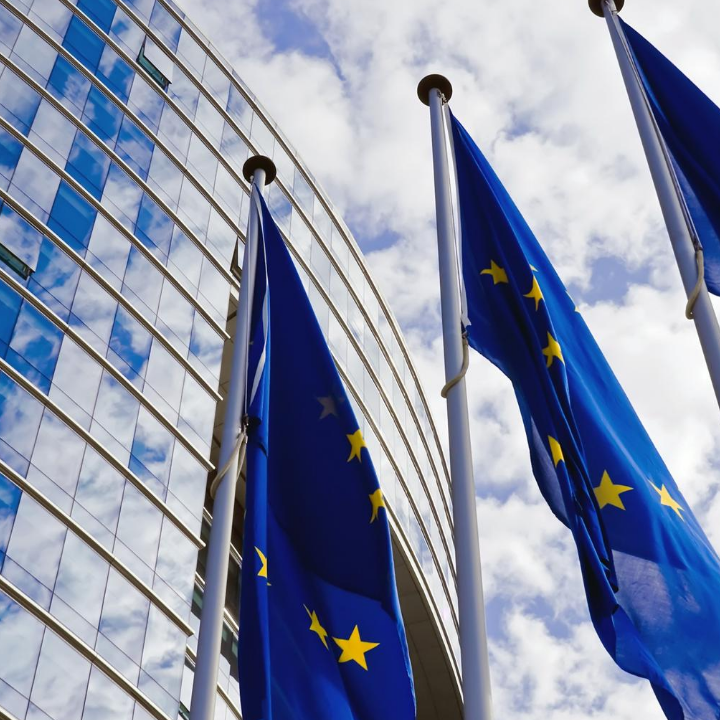EU to strengthen sustainability enforcement in trade deals

Photo: sinonimas, Getty Images via Canva
22 June 2022
While modern EU trade agreements already include “Trade and Sustainable Development” (TSD) chapters, they usually lack an enforcement mechanism. Now, the EU Commission wants to extend the state-to-state dispute settlement mechanisms of trade deals to their TSD chapters...
In TSD chapters, trade partners agree to follow internationally recognised environmental and social standards, for example, the Paris Climate Agreement and the fundamental labour principles of the International Labour Organisation (ILO), but they can also include specifically tailored commitments to the situation of the trading partner.
While newly negotiated TSD chapters will underlie a dispute settlement mechanism in the future, this does not guarantee their enforcement.
That is why, in addition to the dispute settlement mechanism, the EU Commission wants to introduce the possibility of applying trade sanctions on trade partners that materially breached the Paris Climate Agreement or the ILO fundamental principles...
With its drive for more sustainability in trade agreements, the EU Commission is reacting to criticism against the EU’s trade policy that civil society organisations have long accused of facilitating the exploitation of workers and leading to environmental damage.
A wide variety of recent EU initiatives can be seen as a reaction to this criticism, for example, the corporate sustainability due diligence directive proposed this February or the proposal for a regulation on deforestation-free products.
Also, in Wednesday’s announcement, the EU Commission takes a step toward civil society organisations, for example, by giving them the possibility to lodge complaints against violations of sustainability commitments.
The green member of the European Parliament Saskia Bricmont welcomed the Commission’s announcement as “a step in the right direction.” Still, she regretted that human rights were not explicitly mentioned and that the Paris Climate Agreement and the ILO fundamental principles were not expressly defined as taking supremacy over commercial considerations...